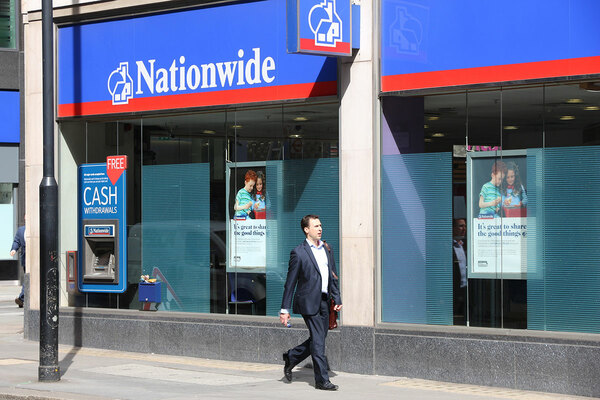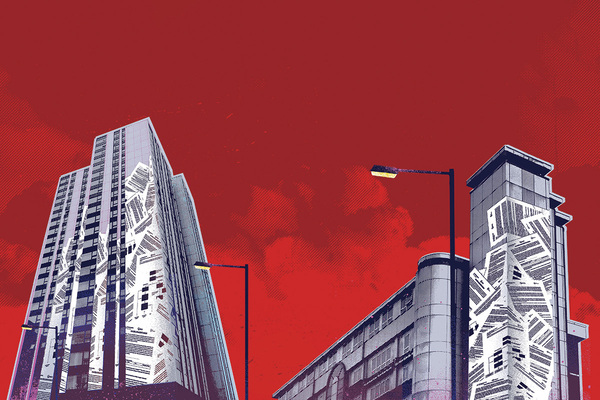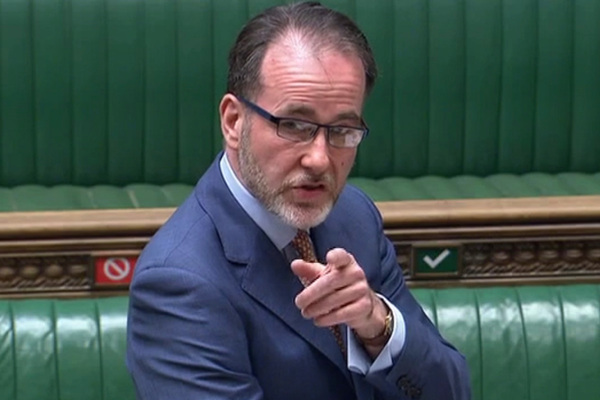Labour calls on government to ‘get a grip’ of EWS crisis after Inside Housing investigation
Following an investigation from Inside Housing, the shadow housing secretary has called on the government to “get a grip” of the External Wall System (EWS) crisis that has left tens of thousands of people unable to sell their homes due to cladding concerns.

Thangam Debbonaire said that the findings from Inside Housing’s work show that current guidance is “chaotic and contradictory” and that the research “clearly demonstrates” that the government’s lack of action has made the situation worse.
She said: “The government needs to get a grip on this mess now. They said months ago that they would, but their actions have not matched their words.
Read Inside Housing’s full investigation into the EWS crisis
“The guidance has been chaotic and contradictory. Government needs to consider all the options to ensure that people are not left stuck, unable to sell or move on, often with homes that effectively now have no value.”
Last week Inside Housing published a series of articles looking into issues with the EWS system, which was initially created by the Royal Institution of Chartered Surveyors in December 2019 as a way of providing consistency to the flat sale market.
It came after thousands of sales fell through as a result of concerns from banks in providing mortgages to leaseholders living in blocks with dangerous cladding.
However, the EWS system has arguably made the situation worse, with estimates putting around 1.2 million leaseholders as being potentially affected.
The process requires a qualified professional to inspect a building’s external wall and sign an EWS1 form that states flammable materials are present on the external wall of a building, meaning it requires remedial work, or that no remedial work is needed and a sale can progress.
Included in Inside Housing’s coverage was a series of stories about leaseholders who have suffered as a result of the lack of clarity and regulation over the system.
Among them was a leaseholder who had bought a property on the back of an EWS1 form that gave assurances that the cladding on the building was safe, only to be told 24 days after his purchase that a new EWS1 check had deemed his building as being in need of expensive remedial works.
Another leaseholder had seen three flat sales on her central London flat fall through after receiving four different EWS1 forms.
Ms Debbonaire said: “I’ve been shocked to see how people’s lives have been turned upside down by this crisis. The investigation by Inside Housing clearly demonstrates how the government has made it worse.
“This investigation has highlighted that some will have fire safety problems, some will not – but they have been affected when they cannot get the necessary proof or the remedies.
“Government needs to show leadership on sorting out the regime of remediation, inspections, insurance and other aspects. People who’ve bought a home in good faith should not be left in limbo.”
She then pointed to Labour’s six-point cladding plan as a potential solution to help fixing the cladding crisis, which includes setting up an independent cladding taskforce identify buildings by risk, providing the stimulus needed to get remediation sorted urgently and making the industry pay for the costs.
The comments come before a crucial vote today in the commons on an amendment to the Fire Safety Bill put forward by Bishop of St Albans Dr Alan Smith, which will prevent building owners from passing on any fire safety costs to leaseholders. It is the third time the amendment has been put before the commons, after having been voted down twice before.
Labour MPs are expected to vote in support of the amendment.
An MHCLG spokesperson said: “The EWS1 is not a government form, legal requirement or a building safety certificate and we’re disappointed if this is still being asked for in some cases where it’s not necessary.
"New guidance from RICS means nearly 500,000 leaseholders should no longer need a form to sell or re-mortgage their homes – and we continue to encourage a sensible, proportionate approach to risk.
“Backed by nearly £700,000 Government funding, over 700 assessors have now started training so that where valuations are needed these can be done more quickly.”
Sign up for our fire safety newsletter
Already have an account? Click here to manage your newsletters













